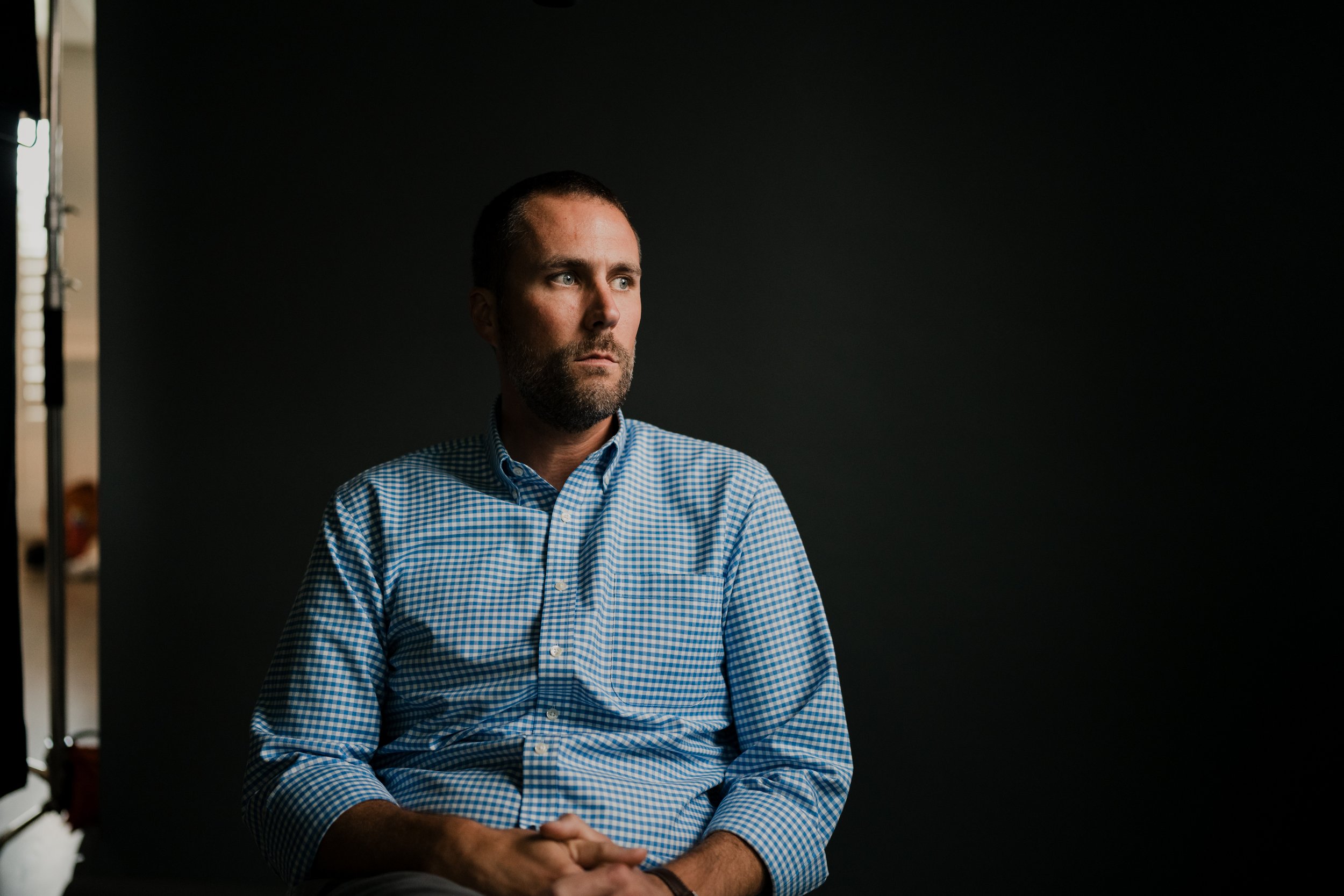
Current laws are hurting Idaho families.
How did we get here?
When did having a baby make parents afraid to be in Idaho?
1863-2011
Idaho enacts a series of abortion laws — always allowing exceptions for the life and health of pregnant women.
1973
The U.S. Supreme Court’s ruling in Roe v. Wade recognized women have a right to an abortion.
2020
For the first time in Idaho history, a law banning all abortions with no exceptions to keep moms healthy is passed. This law becomes known as the Total Abortion Ban.
Under the law, it becomes a felony to perform abortion at any stage of pregnancy, even if it is necessary to protect the health or future fertility of the mom.
The Total Abortion Ban was passed when Roe V. Wade was still in place. It couldn’t be enacted immediately, so it was written to take effect 30 days following any decision by the U.S. Supreme Court that would give states the right to prohibit abortions.
Jun 2022
The U.S. Supreme Court overturns Roe v. Wade declaring the constitutional right to an abortion no longer exists, officially ending a nearly half century of legal precedent.
Aug 2022
Idaho’s Total Abortion Ban goes into effect.
Moms can no longer receive the care they need for pregnancy complications that threaten their health and the well-being of their families. In Idaho, motherhood now comes with a warning label.
A small portion of Idaho’s Total Abortion Ban is prevented from going into effect because of a federal lawsuit.
A court determined Idaho’s law violated the federal Emergency Medical Treatment and Labor Act (EMTALA). So now, medically necessary terminations may be performed in certain emergency situations in hospital emergency departments. All other parts of the law are still enforceable.
Feb 2023
The first maternal fetal medicine specialist, an expert in high-risk pregnancy complications, leaves the state over fear of being prosecuted under laws that prevent her from being able to provide patients with the evidence-based care they need.
Mar 2023
Bonner General Health shutters its labor and delivery unit.
This is in part because of Idaho’s legal and political climate following the implementation of the Total Abortion Ban and the Fetal Heartbeat Bill.
Idaho lawmakers recognize changes need to be made to Idaho’s Total Abortion Ban to provide clarity to doctors on the care they can provide expectant mothers.
Limited changes were passed but they didn’t go far enough. There are still no exceptions to protect the health of moms. Doctors are still prevented from providing necessary care for pregnancy complications.
July 2023
A survey finds approximately 41% of Idaho physicians who work in maternal health are considering leaving the state.
The survey by the Idaho Coalition for Safe Reproductive Healthcare discovered another 23% answered maybe when asked if they were thinking of leaving. Of these physicians, 97% cited Idaho’s abortion laws for the reason they were considering moving to practice medicine in other states.
Today
The law prevents moms experiencing pregnancy complications from receiving the care they need. Physicians are continuing to leave Idaho, and it is becoming increasingly difficult to recruit new physicians to work in the state. The total abortion ban puts all Idahoans’ health at risk.
“The issue of abortion for most of my life has meant people who didn’t want to have families or kids. Through our experience, I realized it is actually something needed in order to have a family and protect people from not being able to have kids. It’s a tool for doctors and something they can use to help women.”
Robert
Idaho dad
The law impacts every Idahoan.
In Idaho, motherhood comes with a warning label.
While pregnancy should be a joyous experience, many expectant moms in Idaho who desperately want to have families are now holding their breath and praying they don’t have any complications. Unfortunately, Idaho’s current abortion laws are making it impossible for moms who do run into problems with their pregnancy to receive the timely care they need. In fact, expectant moms must be in imminent danger of death before doctors can intervene and perform a medically necessary termination. This is putting women’s lives at risk and will likely cause some to suffer serious health consequences and lose the ability to have children in the future.
As more OB-GYNs are leaving the state, it is also becoming increasingly difficult for women who are not pregnant to access the gynecologic care they need, which is critical to their overall health and future fertility. The bottom line is Idaho’s abortion laws are preventing expectant moms from getting the treatment they need during times of crisis.
Idaho’s doctors are leaving the state.
Idaho’s doctors are trained to provide timely care to protect the health of their patients. Idaho’s abortion laws are making that impossible. Since the laws have gone into effect, doctors are facing serious risks of prosecution, lawsuits, and having their medical license revoked if they provide medically necessary care for moms experiencing pregnancy complications. For many doctors across the state, the risks are too high and the environment too untenable to continue providing care in Idaho.
More than half of Idaho’s maternal fetal medicine specialists, experts in high-risk pregnancies, have already left Idaho or will retire by the of 2023. And it isn’t just maternal fetal medicine specialists and OB-GYNs who are leaving. Physicians across a variety of fields are choosing to practice in other states because of the hostile environment that has been created. Nationally, Idaho already ranked in the bottom of states with the lowest patient to physician ratio. The exodus of doctors will make it even more challenging for women, men, and children to access the care they need.
Idaho’s future is at risk.
The negative consequences of Idaho’s abortion bans are still being uncovered. However, it is clear that abortion bans are already impacting the ability of hospitals to recruit and retain their workforce. Doctors have said they do not want to come to Idaho because of the political climate. This aligns with a recent study conducted by the Journal of General Internal Medicine where 76% of current and future physicians surveyed said they would not apply to work in states that impose consequences for providing medically necessary care.
There are concerns these sentiments could be shared by large employers who are looking to relocate their headquarters or open new operations. Idaho’s political climate and reduced access to care may make companies look to other states. Only time will tell how extensive our workforce challenges will become and the associated economic impacts.
Fixing the law will strengthen families.
Moms can be treated for health complications and have more babies.
Idahoans will feel safe growing their families here.
More doctors will continue practicing medicine in Idaho.
Physicians can provide women with necessary medical care.
It’s up to all of us to protect motherhood in Idaho.








